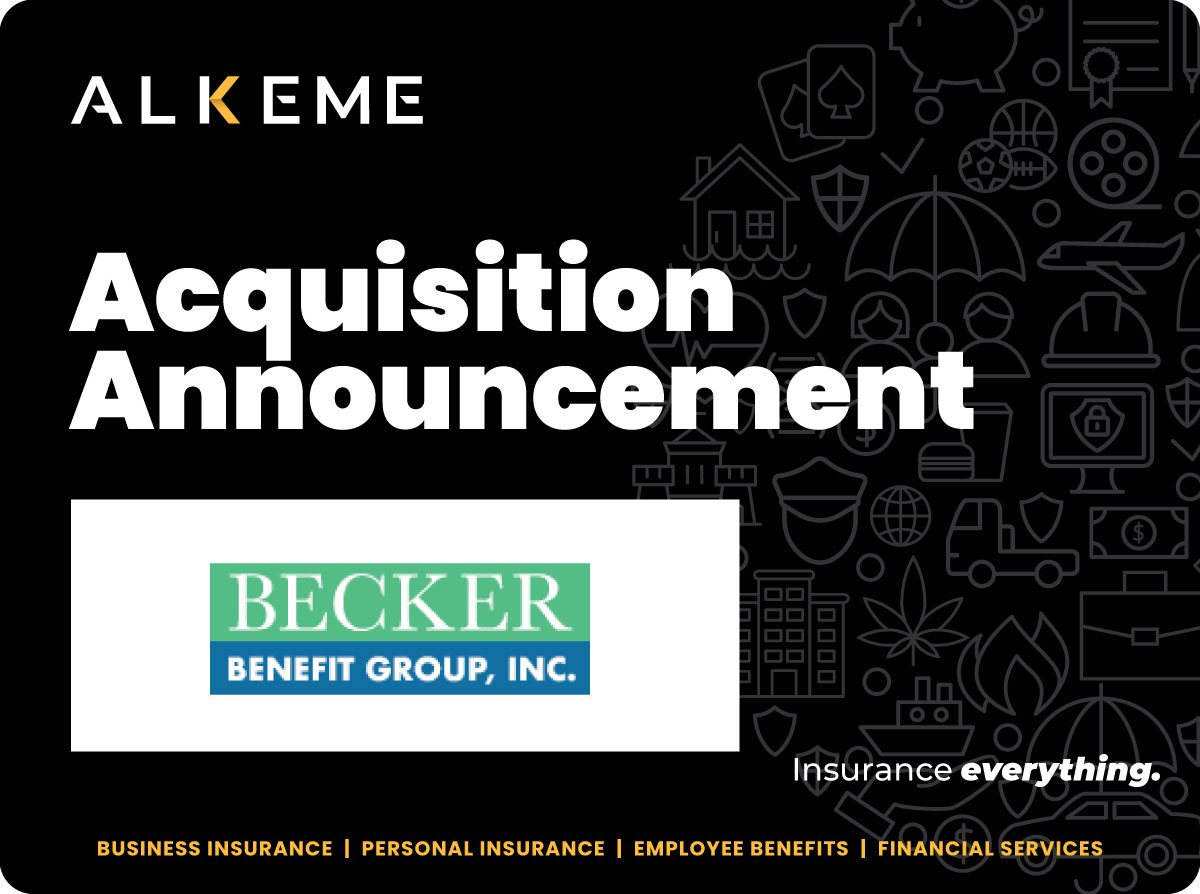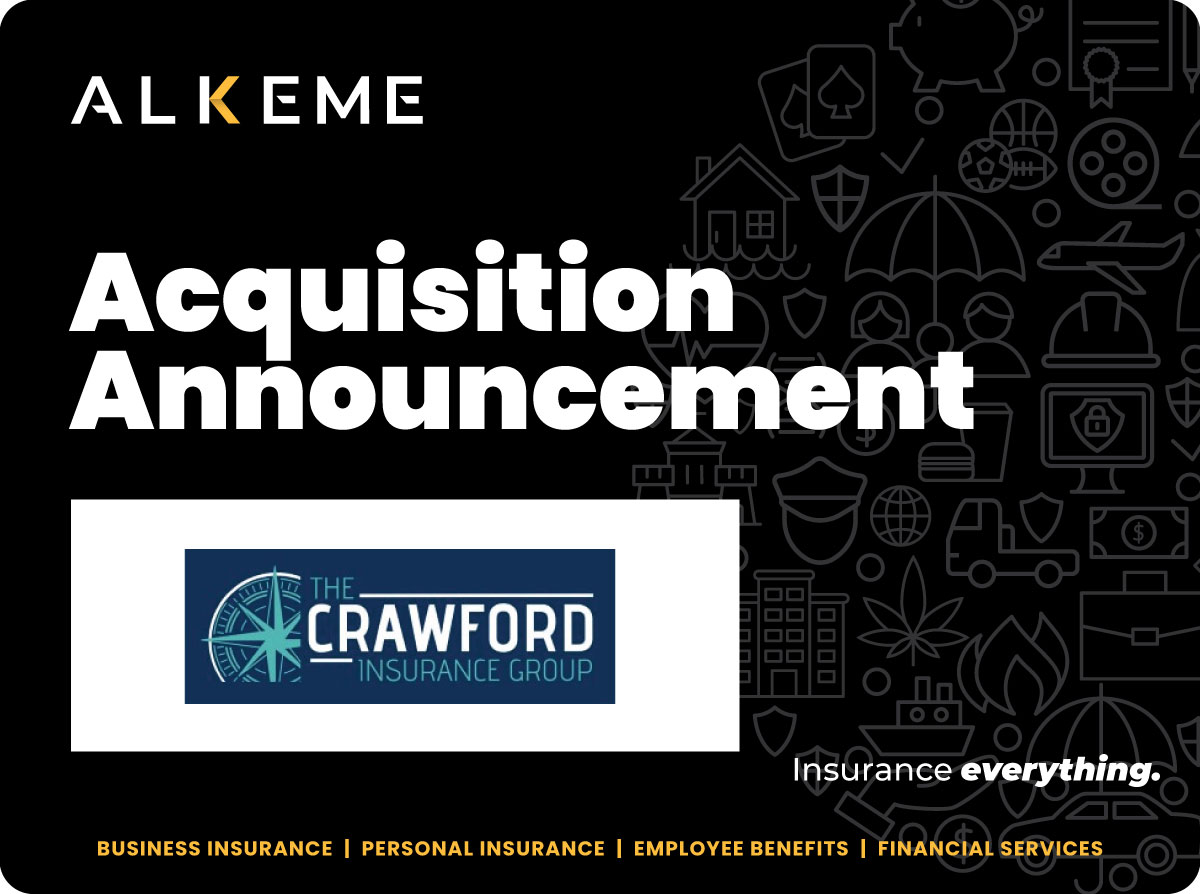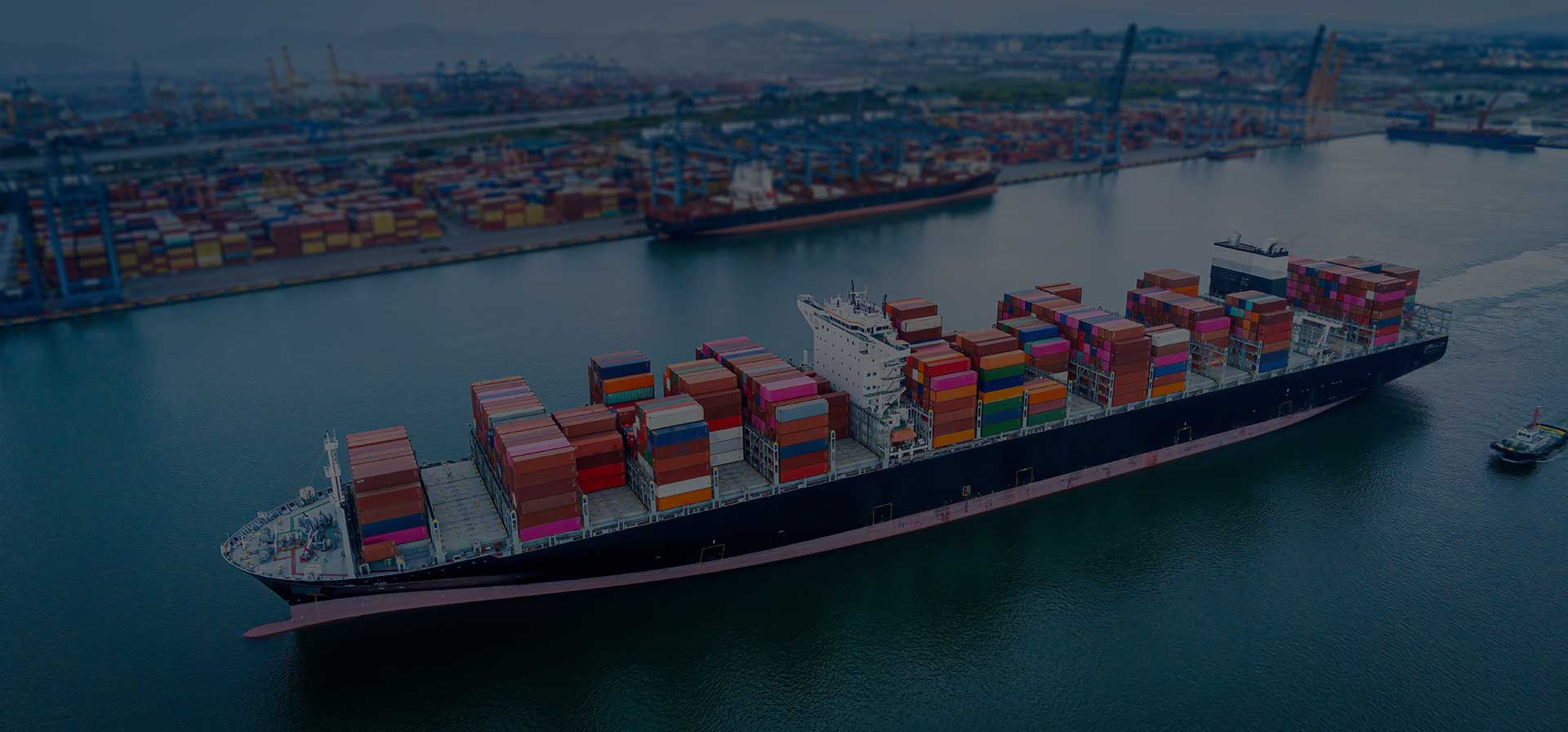A construction business faces various risks and liabilities inherent in its operations, so having the right insurance coverage is crucial to protect against potential losses. Here are ten important insurance policies for a construction business:
- General Liability Insurance:
- General liability insurance is fundamental for construction businesses as it provides broad coverage for various third-party claims, including bodily injury, property damage, and advertising injury. Given the inherent risks associated with construction activities, such as accidents on job sites or damage to adjacent properties, general liability insurance helps protect the business from costly lawsuits and financial liabilities.
- Workers’ Compensation Insurance:
- Workers’ compensation insurance is not only crucial for compliance with legal requirements but also essential for safeguarding employees’ well-being. Construction sites are inherently hazardous environments, and workers face risks of injury or illness due to accidents, falls, equipment malfunctions, or exposure to hazardous materials. Workers’ compensation insurance provides medical coverage and financial support for injured employees, helping ensure they receive necessary care and compensation for lost wages, while also protecting the construction business from liability claims.
- Commercial Property Insurance:
- Commercial property insurance is vital for protecting the construction business’s physical assets, including buildings, equipment, tools, and materials, against various perils. Construction equipment and materials are valuable investments, and damage or loss due to fire, theft, vandalism, or natural disasters can result in significant financial losses and project delays. Commercial property insurance helps cover the cost of repairing or replacing damaged property, enabling the construction business to resume operations swiftly and minimize disruptions.
- Contractor’s Equipment Insurance:
- Contractor’s equipment insurance is essential for construction businesses that rely heavily on specialized tools, machinery, and equipment to perform their work. Construction equipment is susceptible to theft, damage, or breakdowns, which can disrupt project timelines and incur substantial repair or replacement costs. Contractor’s equipment insurance provides coverage for owned or leased equipment, ensuring that the construction business can continue operations even in the event of equipment losses or failures.
- Builders Risk Insurance:
- Builders risk insurance is specifically designed to protect construction projects during the course of construction or renovation. Construction sites are vulnerable to various risks, including fire, theft, vandalism, and weather-related damage, which can result in significant financial losses and project delays. Builders risk insurance provides coverage for property under construction, helping mitigate risks and ensure that construction projects are completed on time and within budget.
- Professional Liability Insurance:
- Professional liability insurance is crucial for construction businesses that provide design, engineering, or consulting services, as errors or omissions in professional work can lead to costly lawsuits and claims. Construction projects often involve complex design and engineering processes, and errors or oversights can result in construction defects, delays, or safety hazards. Professional liability insurance provides coverage for claims alleging negligence, errors, or omissions in professional services, protecting the construction business from financial liabilities and reputational damage.
- Commercial Auto Insurance:
- Commercial auto insurance is essential for construction businesses that own or operate vehicles for business purposes, such as transporting employees, equipment, or materials to and from job sites. Construction vehicles are exposed to various risks on the road, including accidents, collisions, and property damage, which can result in costly repairs, medical expenses, and legal liabilities. Commercial auto insurance provides coverage for vehicle-related risks, ensuring that the construction business can maintain operations and protect its assets in the event of accidents or losses.
- Contractor’s Pollution Liability Insurance:
- Contractor’s pollution liability insurance is critical for construction businesses involved in projects that pose environmental risks, such as handling hazardous materials, excavation, or site remediation. Construction activities can inadvertently lead to pollution incidents, such as soil or water contamination, which can result in environmental cleanup costs, regulatory fines, and third-party liability claims. Contractor’s pollution liability insurance provides coverage for pollution-related liabilities, helping protect the construction business from financial losses and legal liabilities arising from environmental incidents.
- Umbrella Liability Insurance:
- Umbrella liability insurance provides excess liability coverage above the limits of primary liability insurance policies, such as general liability and auto liability insurance. Construction businesses face various liabilities and potential lawsuits, and standard liability insurance policies may have coverage limits that are insufficient to cover large claims or catastrophic losses. Umbrella liability insurance helps protect the construction business from financial exposure beyond the limits of underlying policies, providing an extra layer of protection against costly lawsuits and liabilities.
- Subcontractor Default Insurance (SDI):
- Subcontractor default insurance (SDI) is crucial for construction businesses that rely on subcontractors to perform specialized work or supply materials for construction projects. Subcontractor defaults, such as subcontractor bankruptcy, insolvency, or failure to perform, can disrupt project timelines, increase project costs, and expose the construction business to financial risks. SDI provides coverage for financial losses resulting from subcontractor defaults, helping protect the construction business from project delays, cost overruns, and disruptions caused by subcontractor issues.
Overall, these insurance policies are essential for construction businesses to mitigate risks, protect assets, and ensure financial stability in the face of potential losses or liabilities. By obtaining the right insurance coverage tailored to their specific needs and risks, construction businesses can safeguard their operations, employees, and projects, enabling them to thrive and succeed in a challenging industry landscape.




